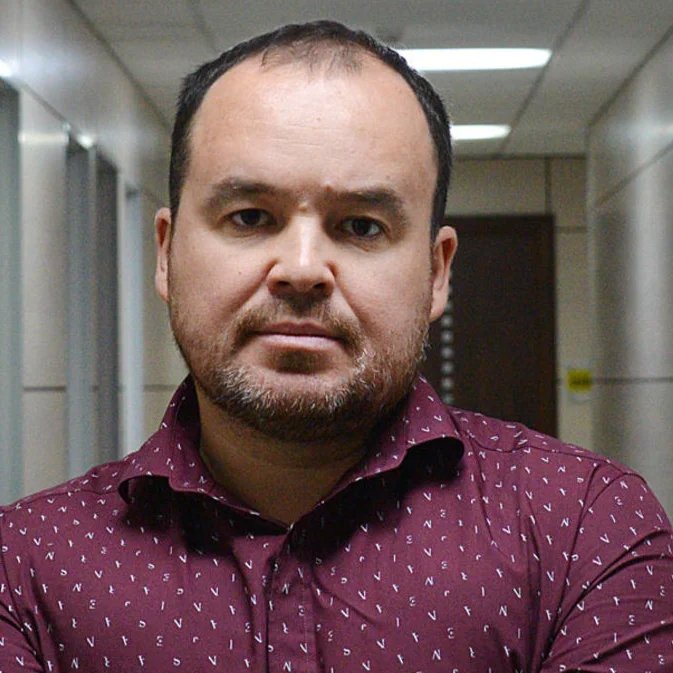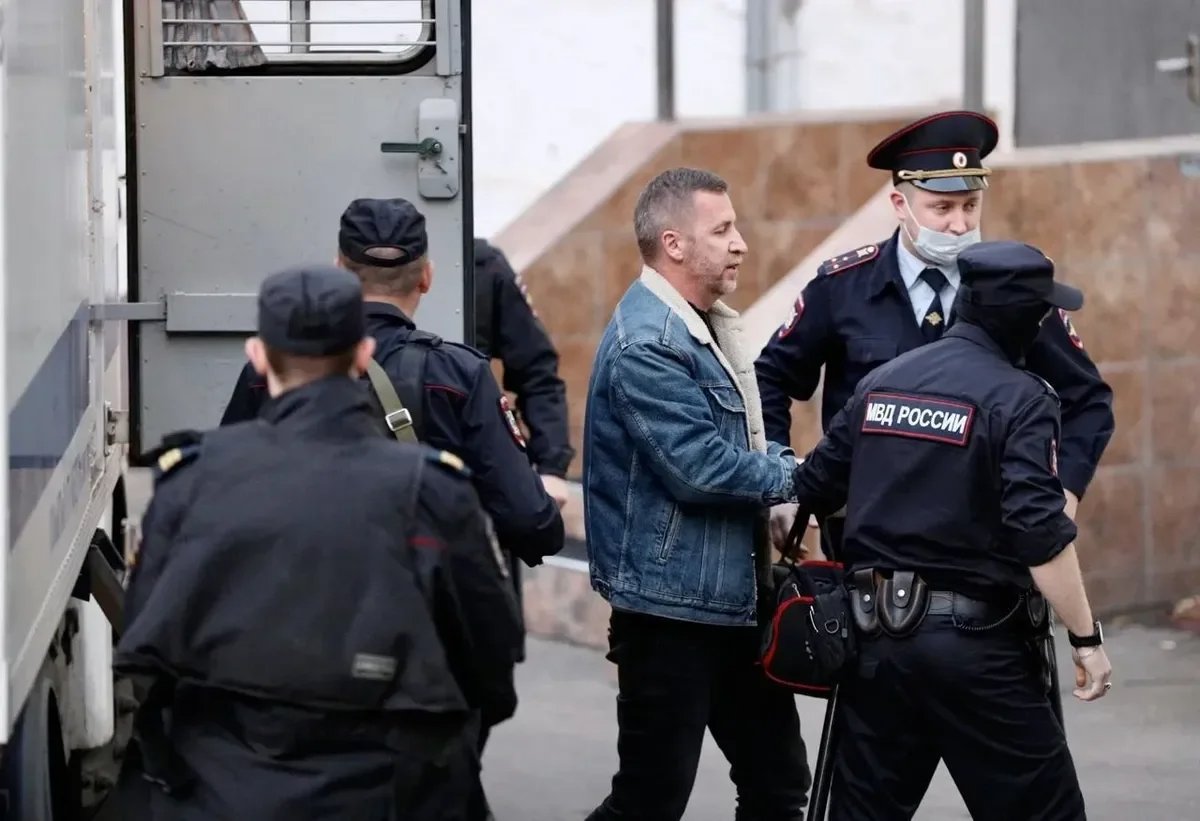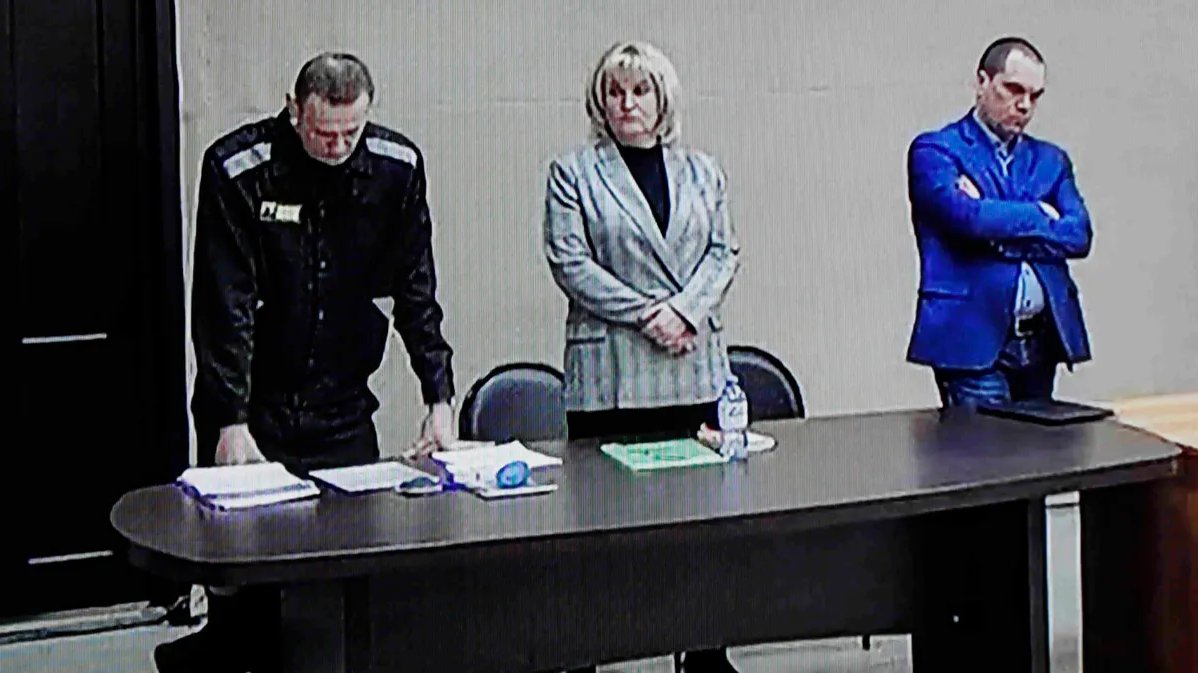Igor Sergunin, Vadim Kobzev, and Alexey Liptser, three lawyers working for imprisoned Russian anti-corruption campaigner Alexey Navalny had their homes searched on Friday morning before being detained and then sent to a pre-trial detention centre for their alleged involvement in an “extremist community”, a reference to the fact that they worked with Navalny’s Anti-Corruption Foundation, which was named an “extremist” by the Russian authorities in 2021 before being dissolved.
The investigators alleged that the lawyers "used their privilege to gain access to [Navalny's] prison and provided a permanent exchange of information between Navalny and other members of the extremist community to help him act as its leader".
Navalny's associates Leonid Volkov and Ivan Zhdanov noted that the lawyers were detained just as Navalny was about to be transferred to a stricter prison. Both said that the Russian authorities were aiming to isolate Navalny from the outside world and to suppress his presence on social media where his statements have continued to appear despite his lack of access to the internet. In one recent post Navalny expressed his solidarity with fellow political prisoners Alexey Gorinov and Vladimir Kara-Murza, who, like Navalny himself, have frequently been placed in solitary confinement for minor infractions as punishment.
The "extremist community" charges appear to hinge on the fact that Navalny either handed his lawyers written notes or dictated his statements to them, which his lawyers then shared with his team.
Comments from people in the legal industry

Alexey Fedyarov
Lawyer, formerly employed at the public attorney’s office
“Given the oppressive nature [of the charges], the goals of Russia's law enforcement are clear here. Somehow, Navalny would send all sorts of messages, such as public, personal, or business ones, to the outside. Despite their communication being monitored by the authorities, they still managed ways to get messages out nonetheless. I believe the prosecution will argue that a prisoner may only exchange information with their lawyer if that information pertains to the case. Strictly interpreted, Russian law forbids a prisoner from using their lawyer to communicate with media outlets in writing as mail is the only legitimate means of sending letters for prisoners. Lawyers working with other opposition politicians are next in line.”

Valeria Vetoshkina
Exiled lawyer with the Dept.One human rights group
“Obviously, the Russian authorities are looking to isolate Navalny from the outside world, and that's why they are putting his lawyers out of business. But this will also have implications for the future. Firstly, they are trying to discourage other lawyers from taking on "political" clients. Secondly, Navalny himself will have no defence, which is a huge problem. And I also fear that many other people who are in legal trouble for politically motivated reasons will be left defenceless as well. The message the Russian authorities are sending is a threat. By moving against Navalny's lawyers, they are threatening all the lawyers in the country”.
Has anything like this ever happened before?
This is far from the first time the Russian authorities have targeted lawyers representing critics of the Kremlin. Vladimir Putin’s 23 years in office are littered with examples of official harassment of lawyers, though that pressure has certainly grown over the years.
When oligarch and former owner of oil giant Yukos, Mikhail Khodorkovsky, was jailed in Siberia after falling out of favour with the Kremlin in the early 2000s, his lawyers would often be detained for several hours on spurious grounds just before boarding their flights in Moscow to visit him, only to be released after the plane's departure.
In 2006, Khodorkovsky's lawyer Vasily Aleksanyan was arrested and charged with embezzlement and money laundering, the same crime his client had been accused of. Investigators, prosecutors and judges had all ignored Aleksanyan when he told them that he suffered from several serious health conditions, and he eventually died in 2011, aged just 39. Following yet more embezzlement and money laundering charges, Anton Drel, another Khodorkovsky lawyer, was forced to leave Russia.

Igor Sergunin. Photo: Alexander Astakhova / Mediazona
In 2008, Sergey Magnitsky, a lawyer working for William Browder's Hermitage Capital, was detained by Moscow's tax police soon after he discovered a scheme used by law enforcement and tax agencies to steal 5.4 billion rubles (worth around €150 million today) from the state budget. Accused of aiding Browder to evade taxes, Magnitsky died in his detention cell one year later. Numerous lawyers and auditors have similarly been forced to leave Russia or face being charged with tax evasion.
Team 29, a lawyers’ organisation that defends people accused of treason and espionage in Russia, was forced into exile in 2021 after the group worked with Navalny's Anti-Corruption Foundation and Ivan Safronov, a journalist accused of treason and eventually sentenced to 22 years in prison. Team 29 founder Ivan Pavlov was accused of disclosing the classified details of Safronov's case and fled Russia. The following year, he had his licence to practise law revoked.
Roskomnadzor, Russia's media regulator, blocked the Team 29 website for "posting content created by an undesired foreign organisation". Team 29 was associated with Společnost Svobody Informace, a Czech-based NGO that is considered "undesired" in Russia. All this forced Team 29 to fold, and many of its members were declared "foreign agents" by Russia's Justice Ministry.
Join us in rebuilding Novaya Gazeta Europe
The Russian government has banned independent media. We were forced to leave our country in order to keep doing our job, telling our readers about what is going on Russia, Ukraine and Europe.
We will continue fighting against warfare and dictatorship. We believe that freedom of speech is the most efficient antidote against tyranny. Support us financially to help us fight for peace and freedom.
By clicking the Support button, you agree to the processing of your personal data.
To cancel a regular donation, please write to [email protected]

